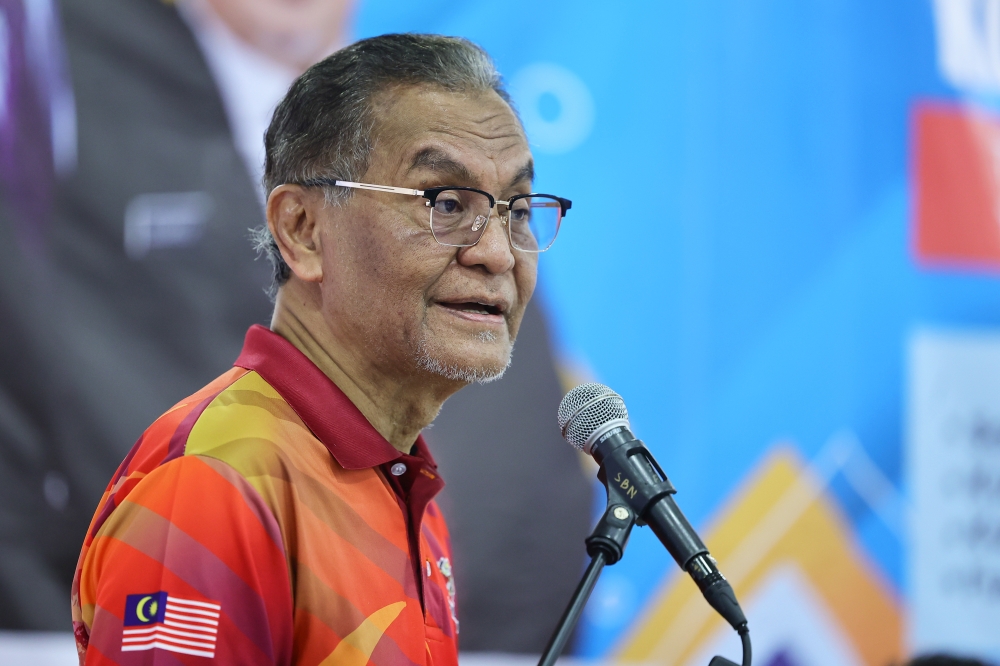Gender Quotas Debate Rages On: Angus Taylor's Stance Sparks Response from Shadow Health Minister

The debate surrounding gender quotas within the Liberal Party has intensified following Shadow Defence Minister Angus Taylor's recent comments. Shadow Health Minister Anne Ruston has now weighed in, responding to Taylor's rejection of quotas as a means to increase female representation within the party. This discussion occurs as Party Leader Sussan Ley has directed state branches to actively improve the number of women candidates ahead of the upcoming election.
Taylor's opposition to gender quotas, while not unprecedented within the Liberal Party, has reignited a long-standing internal discussion about the best approach to achieving gender balance in Parliament. He argues that quotas can lead to the selection of candidates who are not necessarily the most qualified, potentially undermining the quality of representation. His view aligns with a segment of the party that prioritizes merit-based selection, believing it ensures the best possible individuals are chosen regardless of gender.
Ruston's response, while not explicitly endorsing quotas, acknowledges the importance of increasing female representation. She emphasized the party's commitment to fostering a diverse and inclusive environment, stating that the Liberal Party is actively exploring various strategies to achieve this goal. Her comments suggest a more nuanced approach than a outright rejection, indicating a willingness to consider different methods beyond mandatory quotas.
The pressure on the Liberal Party to improve female representation stems from a growing public expectation for greater gender equality in politics. Recent election cycles have highlighted the party's relative lack of female representation compared to other major parties, leading to calls for action. Ley's directive to state branches reflects an understanding of this need and a desire to address it proactively.
The state branches are now tasked with identifying and supporting potential female candidates, and developing strategies to ensure a more balanced slate for the next election. This may involve targeted recruitment efforts, mentoring programs, and providing support for women considering a career in politics. The challenge for the party lies in finding strategies that are both effective in increasing female representation and consistent with its core values of merit and individual choice.
The differing viewpoints within the party – Taylor's staunch opposition to quotas versus Ruston's more measured response and Ley's directive – illustrate the complexity of this issue. It remains to be seen how the Liberal Party will ultimately navigate this debate and whether it will lead to a significant shift in the party's representation in Parliament. The upcoming state branch initiatives will be closely watched as indicators of the party's commitment to achieving gender balance.
This internal discussion is not unique to the Liberal Party. Many political parties around the world grapple with the question of how to best ensure gender equality in their ranks. The debate often centers on the tension between affirmative action measures, such as quotas, and the principles of meritocracy and individual opportunity. The Liberal Party’s approach will likely shape the future of its internal dynamics and its appeal to a broader electorate.






